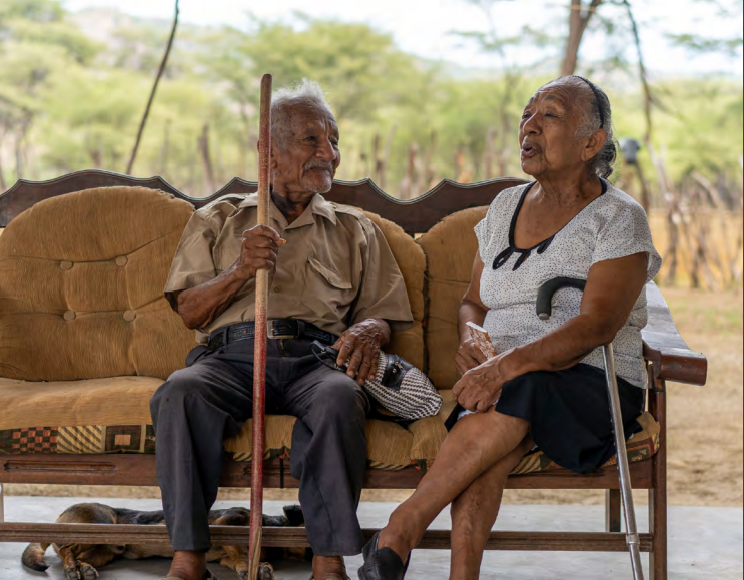Global research highlights New Zealand’s failings

- Post-diagnostic care and support can make a big difference to the lives of people with dementia.
- But at least 30,000 Kiwis with dementia and around as many care partners are missing out on the post-diagnostic support they need.
- Local Alzheimers and Dementia organisations who provide these services are on the brink of financial collapse.
- Government has declined to help.
Alzheimers NZ is appalled that as many as 30,000 New Zealanders with dementia and around as many care partners can’t get the post-diagnostic community support they need.
Chief executive, Catherine Hall, says local Alzheimers and Dementia organisations have been chronically underfunded for decades, and the situation is quickly getting worse.
“The number of people with dementia is increasingly rapidly now as our population ages. That, together with the impact of Covid and winter flues, global staff shortages and pay equity issues, creates the perfect storm for these essential services.”
The latest World Alzheimer Report by Alzheimer’s Disease International, says the lack of post-diagnostic care for people living with dementia is a global problem.
ADI estimates as many as 85 per cent of the 55 million people with dementia globally could be missing out on care.
Borrowing from the report, Ms Hall says: “We don’t question whether people with cancer need post-diagnostic treatment or support, but you’re pretty much on your own if you are diagnosed with dementia.”
The ADI report focuses on the urgent need for significant improvements to essential post-diagnosis treatment, care and support services.
Ms Hall says that there is a huge amount to be done so that people can get a diagnosis when they need it and then get the help and support they so desperately need, and those changes need to happen fast otherwise Kiwis will carry on missing out.
In the meantime, local Alzheimers and Dementia organisations need urgent financial help from government so the situation doesn’t get worse.
Alzheimers NZ and Dementia NZ recently asked government for an urgent injection of $9 million annually to prop-up these struggling community dementia services, many of which are on the brink of financial collapse.
The request was declined.
“It’s very disappointing. $9 million is pocket change to a government but it seems that the care and support of people with dementia is not a priority.”
Ms Hall says current funding from government for these services amounts to around $1.10 a day per person so it’s no surprise that local Alzheimers and Dementia organisations are struggling to make ends meet!
But she says the funding issue is only one part of a much bigger and rapidly escalating problem facing New Zealanders living with dementia.
“Yes, we need urgent funding, but that’s really only a stop-gap measure.
“To really help all the New Zealanders with dementia and their care partners who desperately need that help, New Zealand needs to start focussing on reducing the incidence of dementia for the future, provide timely diagnosis, deliver flexible services across the dementia journey for people with dementia and carers, address the challenges around stigma and social isolation, and address the significant equity issues.
“That’s why it’s so important for government to implement, and fund, the Dementia Mate Wareware Action Plan.
“It delivers a whole-of-sector approach to addressing the bigger picture dementia challenge New Zealand faces, and will make life just a little easier for the hundreds of thousands of Kiwis living with dementia.
“Surely, the rapidly growing number of New Zealanders with dementia deserve that.”

